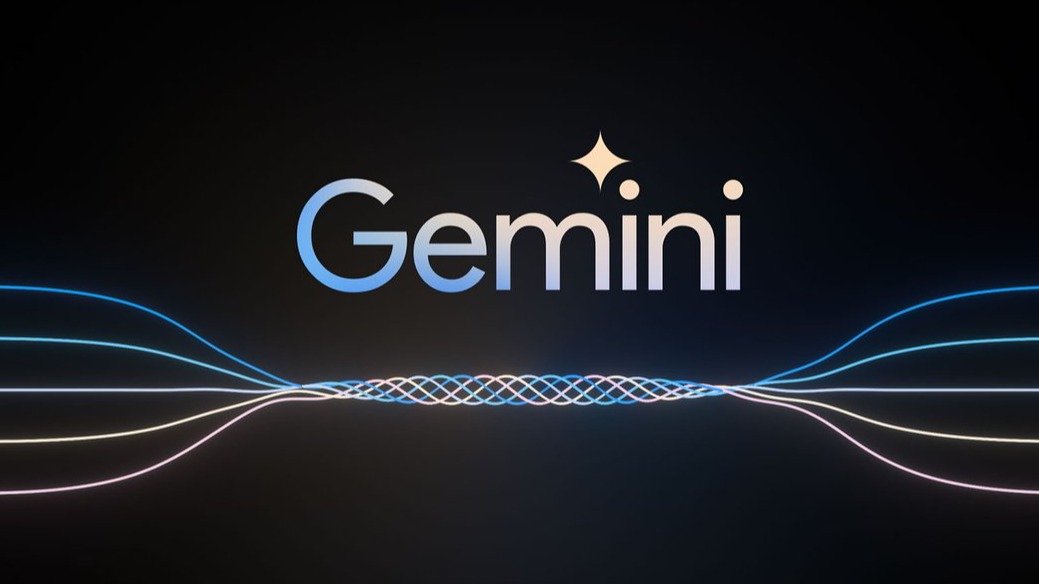The US communications watchdog has made the voice cloning technology used in common “robocall” scams illegal.
While currently State Attorneys Generals can target the outcome of an unwanted AI-voice generated robocall—such as the scam or fraud they are seeking to perpetrate—this action now makes the act of using AI to generate the voice in these robocalls itself illegal.
Federal Communications Commission (FCC) chairwoman Jessica Rosenworcel warned that criminals are using AI-generated voices in unsolicited robocalls to extort vulnerable family members, imitate celebrities, and misinform voters.
“We’re putting the fraudsters behind these robocalls on notice,” she said. “State Attorneys General will now have new tools to crack down on these scams and ensure the public is protected from fraud and misinformation.”
The regulator says that the rise of these kind of calls has escalated over the past couple of years, with the technology now able to confuse consumers with misinformation by imitating the voices of celebrities, political candidates, and close family members.
The move comes after the technology was used to fake Joe Biden's voice last month in a robocall that discouraged people in New Hampshire from voting.
Because calls made with AI-generated voices are “artificial” under the Telephone Consumer Protection Act (TCPA), the law gives the FFC authority to fine robocallers.
The Commission can also take steps to block calls from telephone carriers facilitating illegal robocalls.
Additionally, the TCPA allows individual consumers or an organisation to bring a lawsuit against robocallers in court.
Latest News
-
Reddit ‘challenges Australia’s under 16s ban’ with lawsuit
-
BBVA expands ChatGPT to 120,000 employees
-
BIS and Central banks test post-quantum cryptography in payments
-
UK government launches new MedTech qualifications to fight skills gap
-
UK scientists get priority access to advanced AI through Google DeepMind lab
-
Uber Eats rolls out robot couriers in Leeds
The future-ready CFO: Driving strategic growth and innovation
This National Technology News webinar sponsored by Sage will explore how CFOs can leverage their unique blend of financial acumen, technological savvy, and strategic mindset to foster cross-functional collaboration and shape overall company direction. Attendees will gain insights into breaking down operational silos, aligning goals across departments like IT, operations, HR, and marketing, and utilising technology to enable real-time data sharing and visibility.
The corporate roadmap to payment excellence: Keeping pace with emerging trends to maximise growth opportunities
In today's rapidly evolving finance and accounting landscape, one of the biggest challenges organisations face is attracting and retaining top talent. As automation and AI revolutionise the profession, finance teams require new skillsets centred on analysis, collaboration, and strategic thinking to drive sustainable competitive advantage.
© 2019 Perspective Publishing Privacy & Cookies











Recent Stories